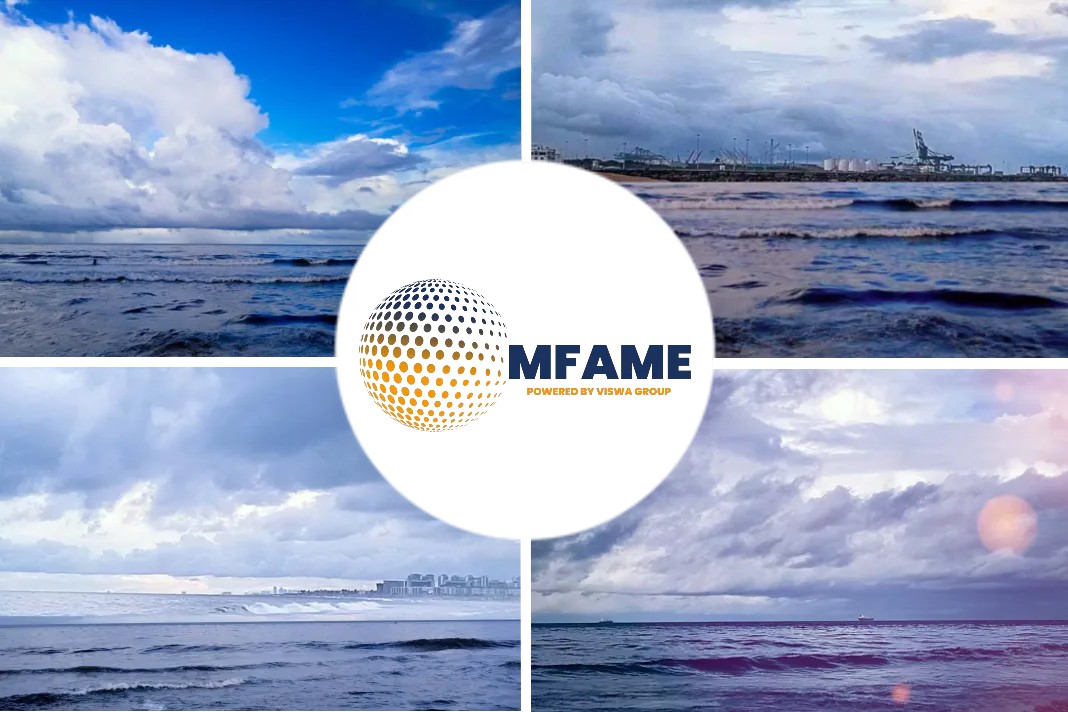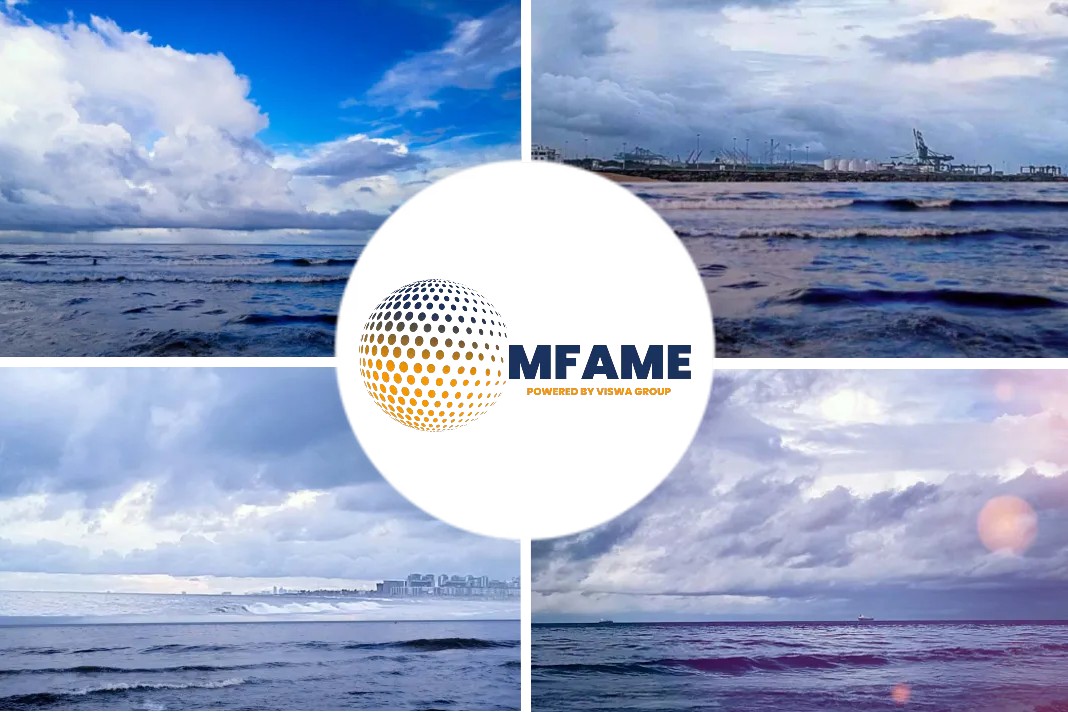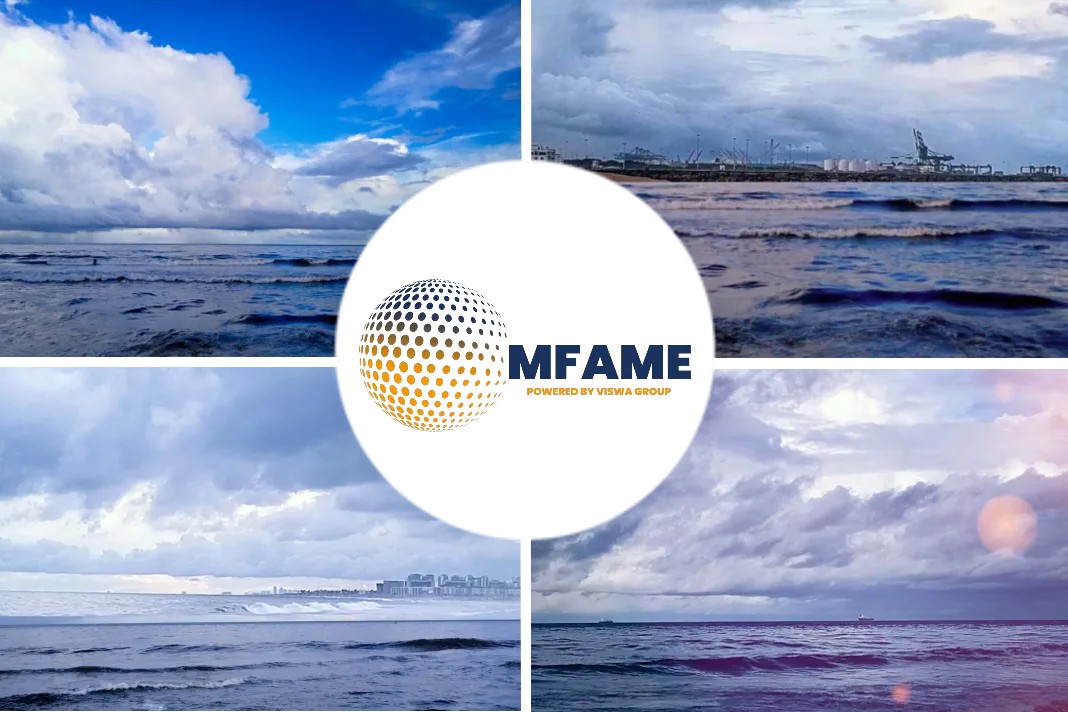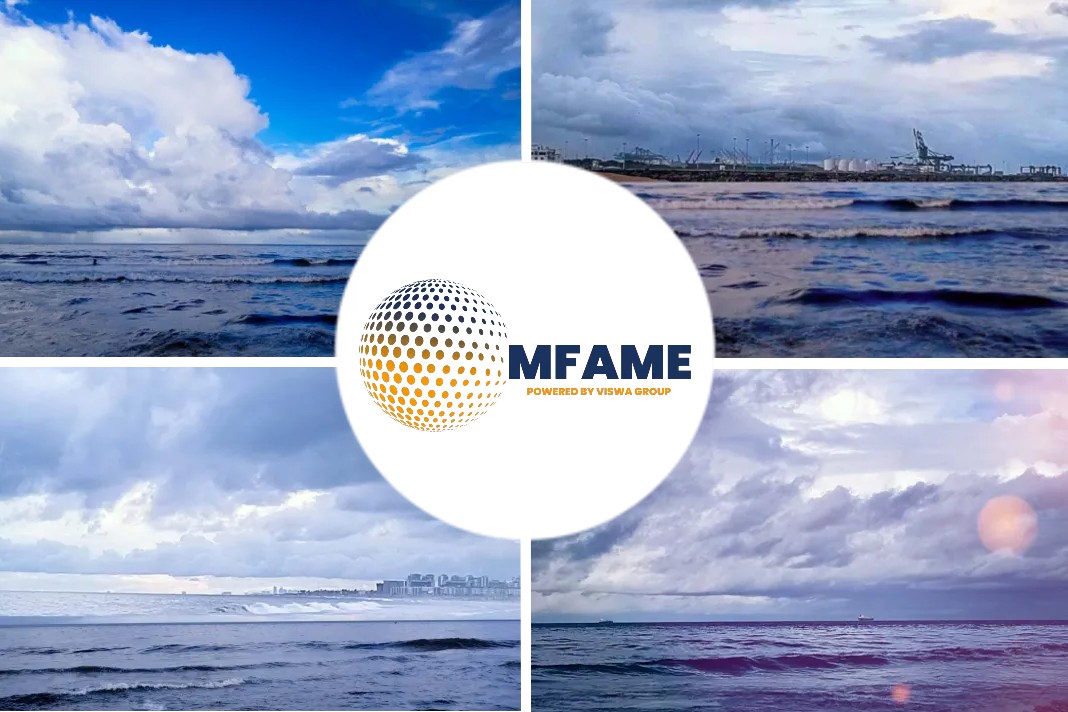- Taiwan’s Yang Ming Marine Transport Corp. and China’s Cosco Shipping Holdings Co. are looking for new vessels to meet 2020 sulfur emissions.
- Apple Inc aims to balance cost-saving efforts amid global trade tensions and growing market for consumer electronics.
- Italian oil giant Eni SpA rejected a cargo of suspected Iranian crude bound for a Silician refinery after its specifications didn’t match those of its contract for Iraqi oil.
- Apple Inc consider requests for financial breaks for struggling Japan Display Inc the to support the growing stresses in technology supply chains.
According to an article published in WSJ Logistics Report’s Costas Paris, Container lines are shopping for mega-ships again despite a gloomy outlook for global shipping. Evergreen Marine Corp. of Taiwan and Germany’s Hapag-Lloyd AG are asking Asian shipyards to build up to 15 supersize vessels worth about $2.2 billion combined.
Asia-to-Europe trade lanes
This puts in separate requests that could widen the gulf between capacity and demand on critical Asia-to-Europe trade lanes.
The proposals from two members of competing shipping alliances put an end to a hold in orders even as demand for trans-Pacific shipments of retail and manufacturing goods is waning amid trade tensions and the slowing global economy.
2020 Sulfur emissions
Operators say many older ships must be scrapped to meet 2020 limits on sulfur-emissions.
Taiwan’s Yang Ming Marine Transport Corp. and China’s Cosco Shipping Holdings Co. are also looking for new vessels.
Apple Inc.
Apple Inc. is wrestling with sharply conflicting interests in its supply chain.
The company is asking suppliers to study shifting final assembly of some products out of China, the WSJ’s Yoko Kobuta and Tripp Mickle report, as it aims to balance cost-saving efforts amid global trade tensions and growing market for consumer electronics.
Any move could take longer executive duration, and wouldn’t affect the iPhone in the near term. But Apple’s requests to suppliers underscore how companies are struggling to reconcile manufacturing choices focused on cost and logistics with their attempts to sell in particular markets.
Apple faces big exposure in China in both areas. The country accounts for about a fifth of its total sales and some three million jobs there are tied to Apple’s supply chain.
Supply Chain Strategies
Murky maritime shipping practices are snarling energy supply chains as the U.S. tightens sanctions on Tehran.
Italian oil giant Eni SpA has rejected a cargo of suspected Iranian crude bound for a Silician refinery after its specifications didn’t match those of its contract for Iraqi oil.
This incident highlights the challenges energy companies face in determining the origin of shipments that pass through multiple hands on the high seas.
Circuitous route of ship-to-ship transfers
The WSJ’s Sarah McFarlane and Benoit Faucon report the cargo bought from Nigeria’s Oando PLC appears to have taken a circuitous route that included two ship-to-ship transfers.
One was from a vessel that turned its radio location signal off. U.S. officials say such tactics are red flags for potential sanctions-evasion behavior.
Oando says the cargo passed muster on loading but that it has now rejected the crude and sent it back to the supplier, which the company declined to name.
Apple is showing support for a key supplier as both businesses cope with slowing demand for smartphones.
Japan Display Inc.
The electronics giant has signaled it would consider requests for financial breaks for struggling Japan Display Inc., the WSJ’s Takashi Mochizuki and Kosaku Narioka report, another sign of the growing stresses in technology supply chains.
Japan Display makes display panels for the iPhone XR and is running out of cash because of very less handset sales.
Negotiations over a Japan Display rescue have repeatedly stumbled because of prospective investors’ concern over the company’s business outlook.
The company gets half its revenue from Apple and got hefty financing help from the company to expand production, leaving it with payments due to its American customers.
Apple has been involved in several run-ins with suppliers over the impact of strategy changes, but could provide key help for foundering Japan Display.
Did you subscribe to our daily newsletter?
It’s Free! Click here to Subscribe!
Source: WSJ















